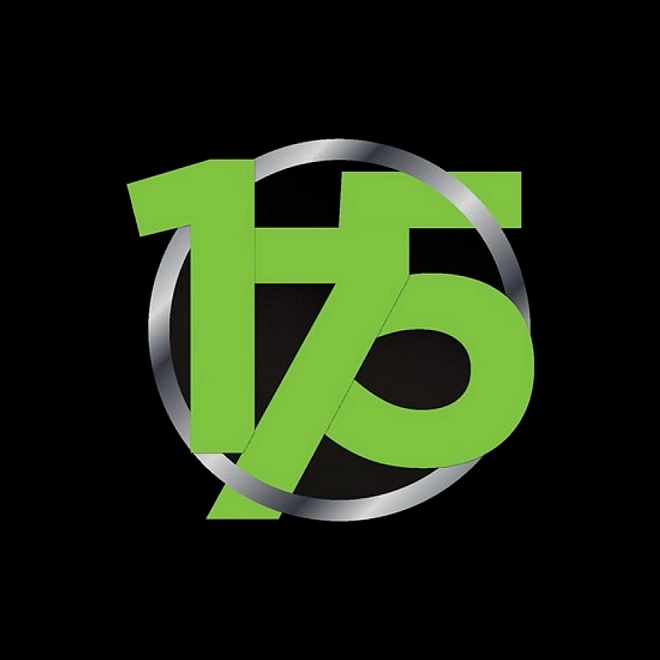From Typewriters to AI: Deloitte, Governments and the Dockery Commission
Deloitte’s reputation as a consultant to governments on implementing new technologies dates back to before the founding of Haskins & Sells (Deloitte LLP predecessor) in the US.
Industry 4.0 is revolutionizing business, communications, our daily lives—and our governments. And as it has for more than a century, the public sector turns to Deloitte for expertise on how to use technology to better serve citizens.
In fact, Deloitte in the US might not exist if it weren’t for public sector work. In his first inaugural address in 1885, President Grover Cleveland called for “reform in the administration of the Government and the application of business principles to public affairs.” In response to this call to action, Congress created the Dockery Commission, which hired auditors Charles Waldo Haskins and Elijah Watt Sells to investigate the federal government’s recordkeeping systems and make recommendations for improvement. It was the first time the US government had hired public accountants.
Haskins and Sells found buildings filled with records, overflowing into the corridors. They found departments and bureaus years behind in their work. And they watched as clerks copied letters by hand, some two decades after the introduction of the commercial typewriter.
As part of the Dockery Commission, Haskins and Sells made several recommendations, including the overhaul of an accounting system in place since Alexander Hamilton served as the first Treasury Secretary. Some of the most effective measures included a dramatic reduction in copying and an increase in typewriters. These changes contributed to more than $600,000 in annual savings.
After spending two years in Washington, the two men established Haskins & Sells in New York in 1895. Their earliest clients included federal government entities, including the US Post Office (also a client of Deloitte, Plender, Griffiths & Co.) and the city governments of Chicago, Brooklyn, Atlanta, Houston, and Havana, Cuba.
More than 50 years after the Dockery Commission, Haskins & Sells managing partner Arthur H. Carter—Elijah Sells’ son-in-law—served on its successor, the Hoover Commission. And as the computer transformed the workplace during the Third Industrial Revolution, governments flocked to Touche, Ross, Bailey & Smart’s pioneering consulting practice, establishing the firm as another leading provider of expertise to the public sector.
Today, in the midst of the Fourth Industrial Revolution, Deloitte is helping clients in government adopt the latest technologies. Far beyond the typewriters and primitive computers of generations past, Deloitte of today is using blockchain, augmented reality and artificial intelligence to speed and improve its work on behalf of constituents.
The Commission is trying to simplify work so that it can be done more rapidly and more effectively. . . . With a different system, there is no reason why the work should not be brought up to date.
-Charles Waldo Haskins, founder, Haskins & Sells


